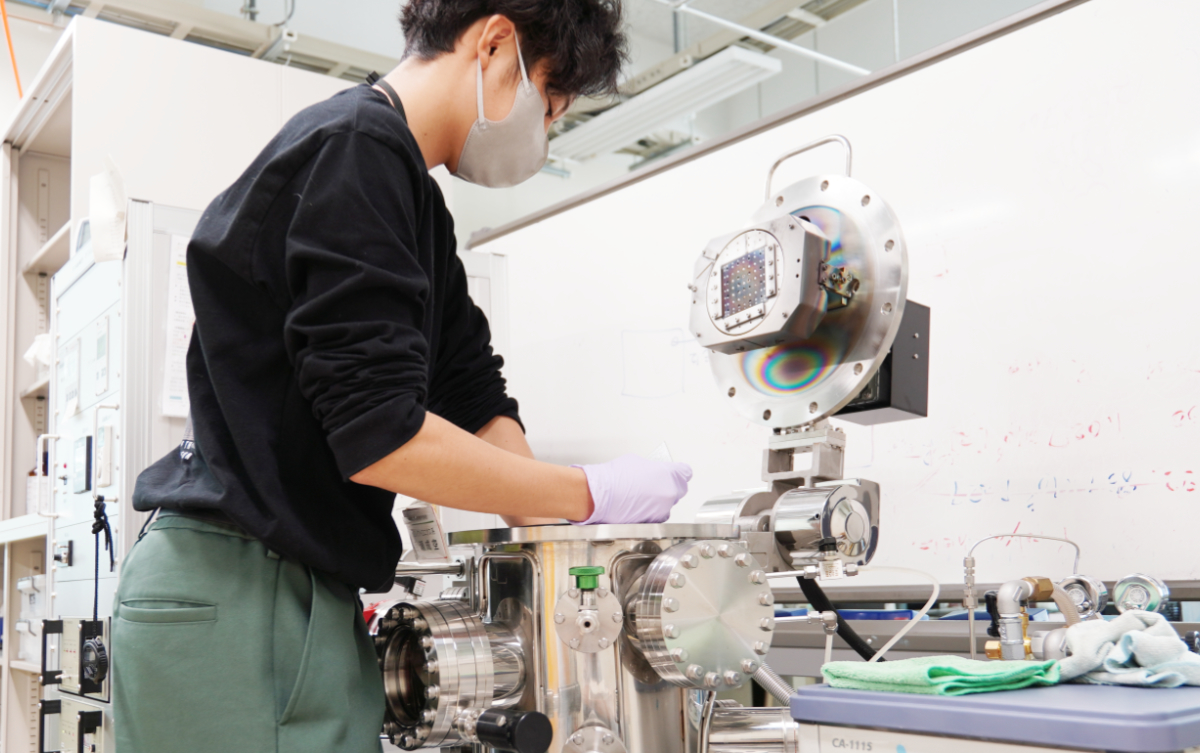Advanced Program
- HOME
- Advanced Program

The Advanced Engineering Program is a two-year specialized curriculum designed to build upon the foundational five-year education provided at Kosen institutions. Students who complete this program and successfully pass the examination administered by the National Institution for Academic Degrees and University Evaluation are awarded a Bachelor's degree in Engineering, equivalent to a university degree. After graduating, students can work in research and development roles in companies or continue their education in graduate programs at national or private universities. Graduates of the Advanced Engineering Program are well-equipped to work or to pursue further studies in graduate schools.
Advanced Program in the Production and Environment System
The advanced program of production and environment system provides expertise and technique relevant to machine, electronic control, production system, and civil engineering and urban planning. We aim to educate practical and creative engineers who are able to conduct research and development in the fields of intelligent mechanical equipment, manufacturing systems, and the development of infrastructure.
Advanced program in the Electric and Information System
The advanced program of electric and information system provides expertise and techniques relevant to electronics, information, and electric power. We aim to nurture practical and creative engineers who are able to conduct research and development in the fields of electronic communication systems, and computer and information systems.
Off-campus Practical Training
National Institute of Technology, Nagano College’s advanced courses offer 14 weeks of off-campus practical training
as compulsory subject, which is rarely seen among universities and colleges of technology in Japan. In the second
semester of the first year, students in the advanced courses engage in practical training, mainly at companies and
government offices in Nagano Prefecture. In off-campus practical training, students learn and experience technical
content over a long period, which helps them develop practical skills and learn things that are difficult to learn in a
technical college setting, such as the reality of working in a company and the sense of responsibility that one should
have as a member of an organization.
This 14-week off-campus practical training program has been highly regarded and was selected as the “Contemporary
Educational Needs Support Program (Gendai GP)” by the Ministry of Education, Culture, Sports, Science and
Technology in 2004 and 2005.